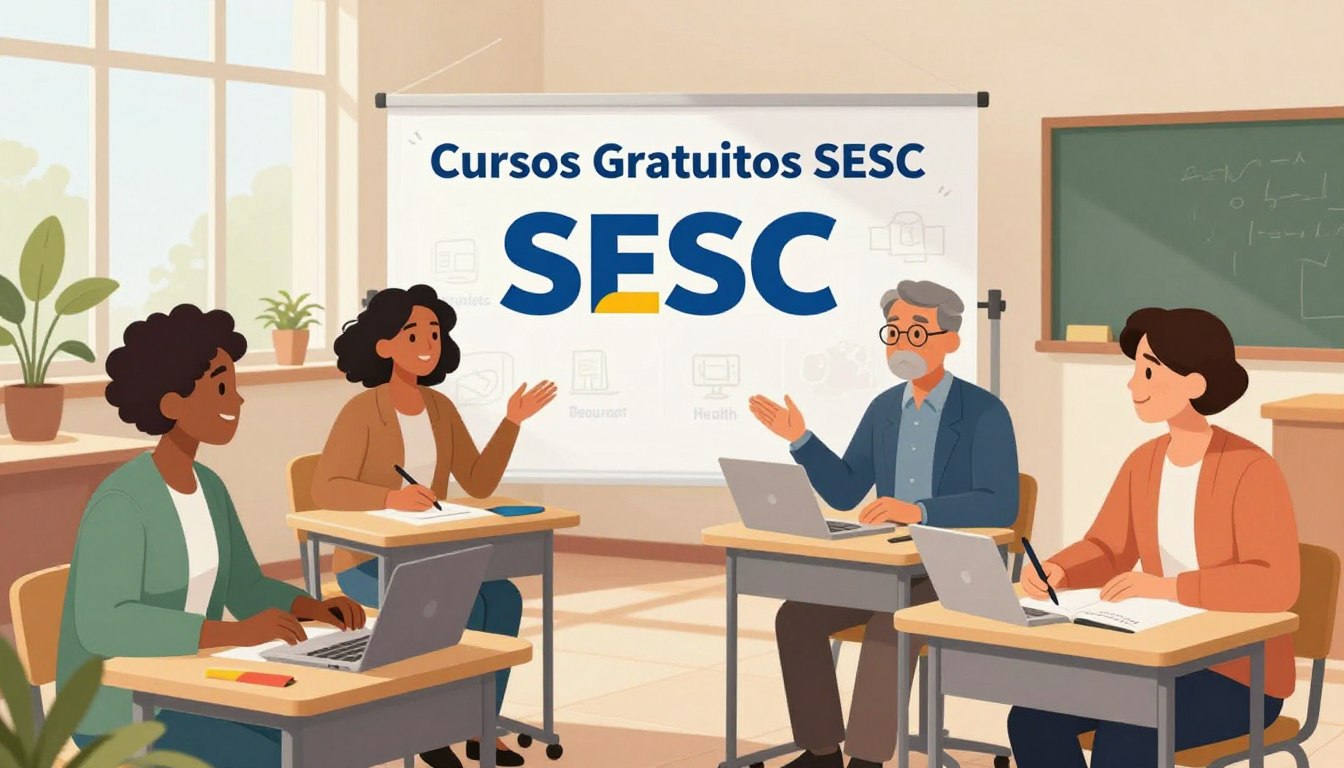Anúncios
Can a student earn pay, keep grades high, and jump-start a career all at once?
Anúncios
Federal work-study is a need-based program that lets students earn money through approved campus or community roles. Payments arrive as a paycheck, not as a credit to your bill, so you plan cash flow and time differently than with other aid.
Most campuses limit students to one position at a time and about 20 hours per week during the academic year. Award amounts vary; many schools list $1,000–$3,000 in-year awards, and some sites let you petition for more.
This short guide gives clear information on where to see awards, how to accept them, and which platforms—like Handshake or MyUCLA—help you find jobs. Use these steps to protect your grades while you gain work experience that supports early career goals.
Anúncios
Start Strong in 2026: Why Work-Study Can Power Your Early Career
Paid campus and community roles help students turn classroom learning into job-ready experience.
Federal work-study supports personal and professional growth by linking coursework to on-the-job tasks. Students translate class projects into responsibilities like lab techniques, tutoring, or outreach. These roles strengthen skills without slowing degree progress.
Because part of wages is subsidized, employers often post jobs that fit a student’s schedule and learning goals. That subsidy makes it easier for offices and nonprofits to hire and mentor early talent.
Students eligible for this form of financial aid can pursue research, student services, or community service placements through campus partnerships. Program participation builds connections that lead to references, mentorship, and portfolio-worthy work.

- Work-study funds support short, semester-focused roles that match academic rhythms.
- Earnings at some campuses, like UCLA, do not count against next year’s aid eligibility.
- Typical award amount ranges vary by campus and affect how many hours a student will take.
Mastering work-study balance 2026: Your plan to manage time, credits, and paychecks
Create a weekly routine that maps classes, study hours, and campus shifts so you keep grades and pay on track.

Build a weekly system: map class blocks, study hours, and up to 20 hours
Start by blocking class times, labs, and fixed commitments. Add focused study sessions next, then allocate up to 20 hours per week for paid campus roles.
Protect your academics: meet Satisfactory Academic Progress
Monitor your GPA and credit pace each term. If midterms show strain, reduce shift hours or swap to shorter shifts to protect progress and eligibility for the award.
Stay compliant: one student job at a time with flexible shifts
Hold only one work-study job to remain eligible and simplify scheduling. Check payroll cycles and campus dates before you begin working in the academic year so hours are paid and recorded correctly.
- Build transition time between class and work to avoid overtime.
- Set reminders for timecard deadlines so paychecks land as expected.
- Track award usage weekly to prevent early exhaustion of funds.
Eligibility, financial aid, and applications: How to secure a work-study award for the academic year
Start by confirming your aid status and key campus deadlines so you don’t miss priority filing dates.
To qualify, students must file the FAFSA or the California DREAM Act application by the campus priority date. You must be enrolled at least half-time, meet Satisfactory Academic Progress, and show financial need as defined by your school.
Find and accept your award
Check your financial aid portal (for example, eServices or MyUCLA) to see a work-study award under Self-Help Aid or Aid Summary. Accept the award there to unlock job filters in systems like Handshake or the MyUCLA job search.
Key timeline and onboarding steps
Note the academic year coverage and the earliest authorized begin-working date. Shifts before that date may not be payable. Complete required hiring forms and present I-9 documents during onboarding.
- Confirm eligibility: file on time, stay enrolled at least half-time, meet SAP.
- Accept the award in your portal to access job filters.
- Use Handshake/MyUCLA, submit employer referral forms, and bring I-9 paperwork.
- Contact the federal work-study office with any questions about awards or amounts.
Find the right position and manage your hours: On-campus, off-campus, and community service roles
Finding a role that fits your schedule and learning goals sets the stage for steady pay and relevant experience.
On-campus jobs often include clerical support, research or lab assistance, computing, accounting, tutoring, security, and student services. These positions usually sit close to classes and help reduce commute time.
Job types and locations
Off-campus options include nonprofits and government agencies offering tutoring, disability support, social services, gerontology, and accounting roles. Pick jobs that match your commute and available hours.
What to expect with pay
Wages are hourly and competitive—often in the $12–$15 range at many campuses. Pay arrives through campus payroll, commonly bi-weekly or semi-monthly via direct deposit.
Employer processes
Employers post job postings on Handshake or campus portals. Apply with a resume, cover letter, and any requested documents like class schedules or award screenshots.
- Confirm whether your department pays bi-weekly or semi-monthly and track earnings against your award.
- Plan hours with supervisors so a work-study student does not exceed limits; adjust mid-term if needed.
- Community placements may require transit time—factor that into your schedule.
- Employers interview and initiate hiring paperwork.
- The office issues authorization to begin working with an effective date.
- Supervisors submit Job Change Requests or Termination Forms for updates or endings.
Conclusion
Close the year prepared: line up your classes, paycheck dates, and hiring documents before the first shift.
For the academic year ahead, sync class blocks, planned hours, and your award so a student maximizes earnings without risking grades. Track payroll cycles—most campuses pay bi-weekly or semi-monthly—so budgeting matches pay dates.
The work-study program allows hands-on experience, reduced loan reliance, and references that help a career. Students are limited to one position and about 20 hours during term time, so confirm eligibility and authorized dates with your campus office.
If questions come up about hiring forms, awards, or employment windows, contact financial aid early. Use official portals to monitor your work-study award and finish the year with funds and progress intact.




